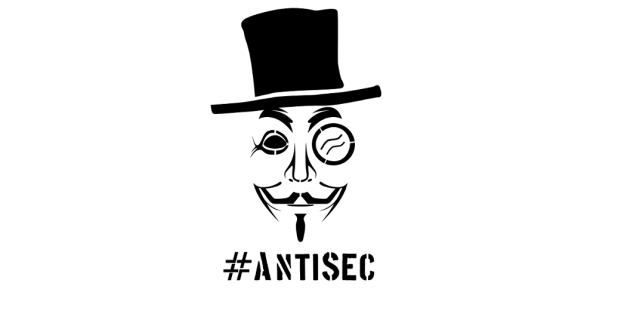 Anonymous’ campaign against the FBI has shown no sign of relenting, despite the climbing number of global hacker arrests. A group claiming they’re Anonymous is saying they’ve stolen documents from a big U.S. cybersecurity contractor connected to the FBI, as well as many other government agencies.
Anonymous’ campaign against the FBI has shown no sign of relenting, despite the climbing number of global hacker arrests. A group claiming they’re Anonymous is saying they’ve stolen documents from a big U.S. cybersecurity contractor connected to the FBI, as well as many other government agencies.
As promised via tweet early Friday morning, Anonymous released seized documents from defense contractor ManTech international. The batch, released on the Pirate Bay, contained 390 megabytes of data; supposedly internal data from ManTech. The FBI apparently outsourced their cybersecurity to the contractor last year in a deal costing $100 million.
ManTech services more than one federal agency, and the data in this first release is a mixed batch with a slight focus on NATO. Along with the FBI and NATO, ManTech’s clients include the departments of Defense, State, Justice, NSA, U.S. military extensions, Homeland Security as well as NASA and the Environmental Protection Agency.
The cybersecurity contractor has yet to make a direct statement about Anonymous, though they’ve posted this message on their website: “All organizations attract cyber threats in our highly networked world…[however] ManTech takes seriously recent reports of a cyber threat, and we responsibly and actively address all sources of information about threats to our information and assets and those of our customers.”
Along with the data dump, the Anonymous statement points out that ManTech was involved with the Operation MetalGear project along with HBGary, Palantir, Endgames and the recently hit defense contractor Booz Allen Hamilton. MetalGear was a project which would supposedly set up fake online personas for the federal government to spy and manipulate citizens.
Anonymous isn’t showing signs of backing down, evidenced recently by the immediate attack on Italian police in response to European arrests of hackers. The group taunts Government and Law Enforcement at the end of their statement, saying that Anonymous cannot be stopped and implying that U.S. CERT director Randy Vickers resigned to avoid a losing battle.
In closing they boast “we are not scared anymore and your threats to arrest us are meaningless. We will continue to demonstrate how you fail at about every aspect of cybersecurity while burning hundreds of millions of dollars that you do not even have.”


